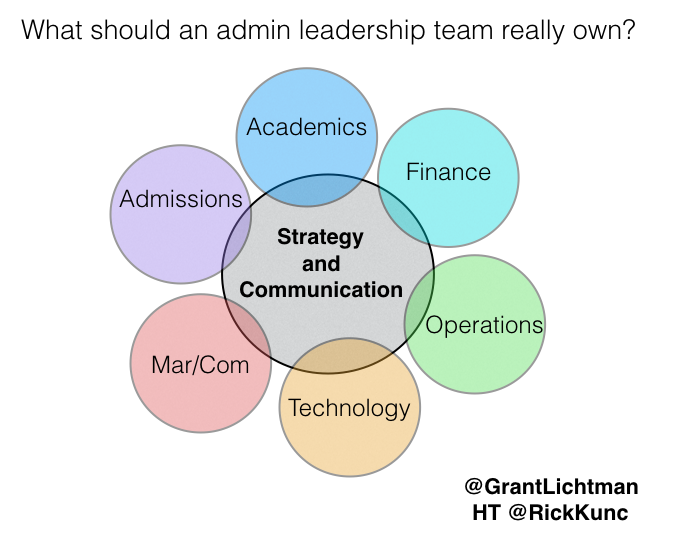I was just watching a video of a talk by Tony Wagner at the Westminster Schools in Atlanta. Dr. Wagner is one of our most often-cited experts on the changing field of education, and rightly so. He has written a number of books on the subject, which help to translate the critical need for changing what and how we teach. In the talk he repeated his seven core Survival Skills that students need to learn today if they want to be prepared for their world tomorrow. Dr. Wagner synthesized this summary of skills by talking to many, many people in business, industry, and higher education. You can find them by reading his book, which I have read and recommend.
Or, look at this slide. Towards the end of my trip last fall, I asked three groups of senior high school students in Dallas, at Townview Center School, Greenhill School, and Parish Episcopal School to think for about one minute and then tell me the skills they needed to be successful in their futures. These are two private and one public school, and the diversity of social, economic, and racial background of this sample was broad. The total elapsed time for the three groups combined to think and record this list was 15 minutes.
The kids “get it”, and so do we. I have not run into a teacher or student in a long time who disagrees with the skills our students need. I have run into a lot who are struggling with how we get there, so that is where my energy is focusing.
Feel free to steal this slide and list and use it, and credit those students who seem to know just as much as their future employers about keys to success!





[…] if we take time to listen to our learners³? What actions will we take to facilitate learning episodes […]
I love the slide the students from those three schools made, but I honestly hope no one steals it. It’s the collaborative creation of what those students think are important for themselves. Any other group might come up with a different list. So many schools I know engage in creating a portrait of a graduate, but they don’t enlist the aid of the students themselves, as though the teachers and administrators are the ones holding the paint brushes and not the students themselves.
Now, what I think would be really valuable is students and faculty engaging together in mutual profiles of what the graduate and the teacher who helps facilitate that development actually look like. But again, no stealing!